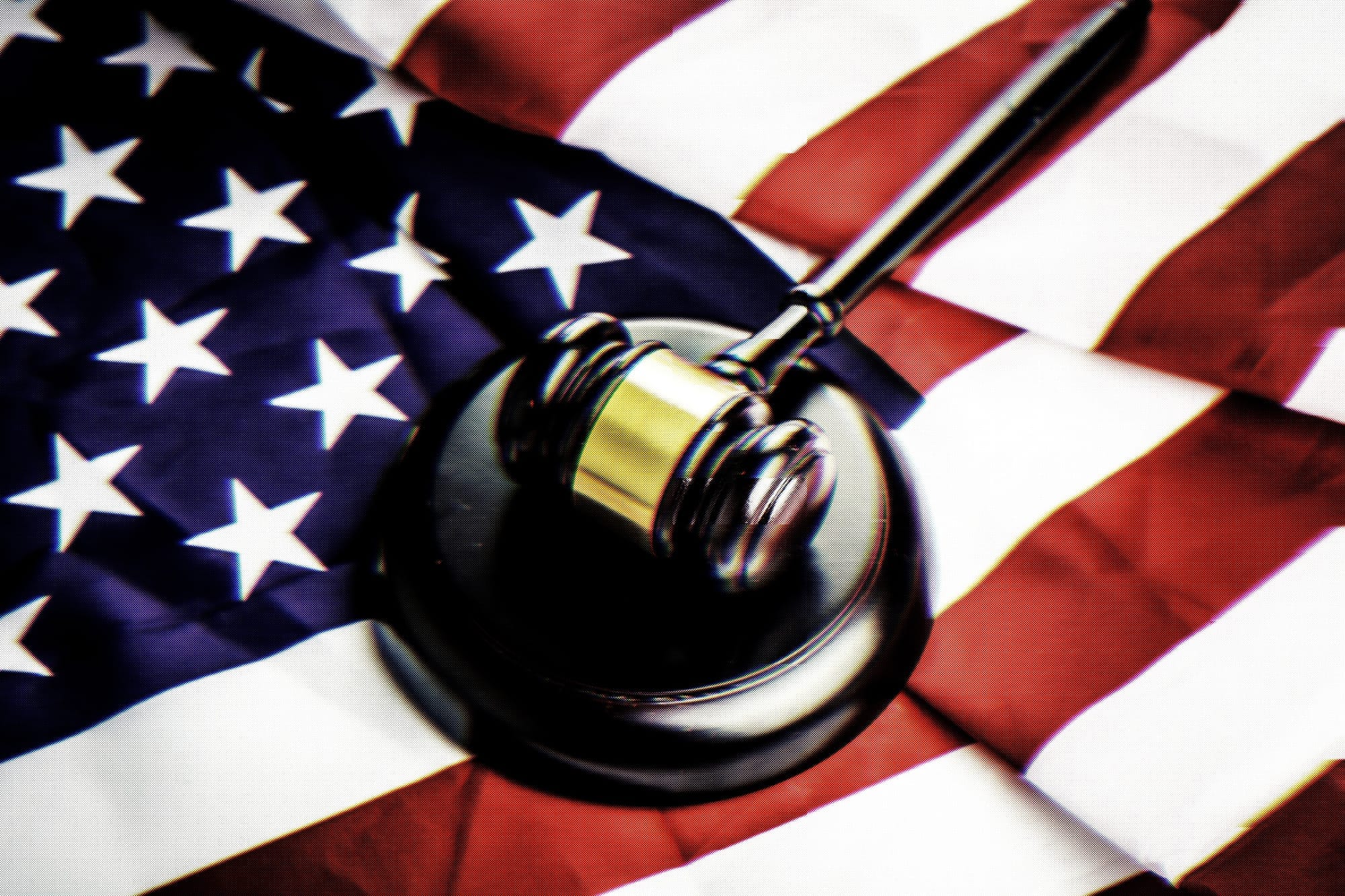This post is for paying subscribers only
Sign up now and upgrade your account to read the post and get access to the full library of posts for paying subscribers only.
Sign up now Already have an account? Sign inAnti-copyright activists fought the film and music industries. Now they’re fighting artists who want to stop generative AI.

Sign up now and upgrade your account to read the post and get access to the full library of posts for paying subscribers only.
Sign up now Already have an account? Sign in